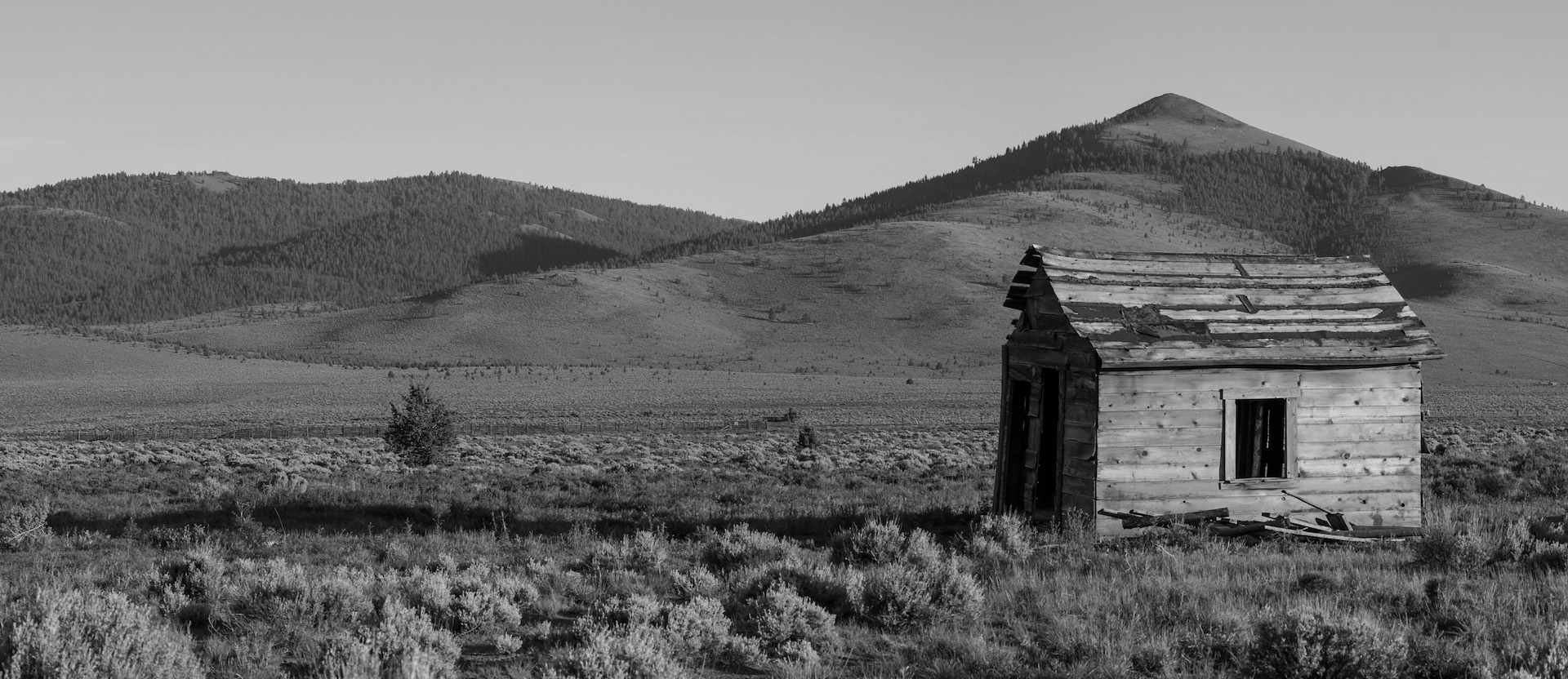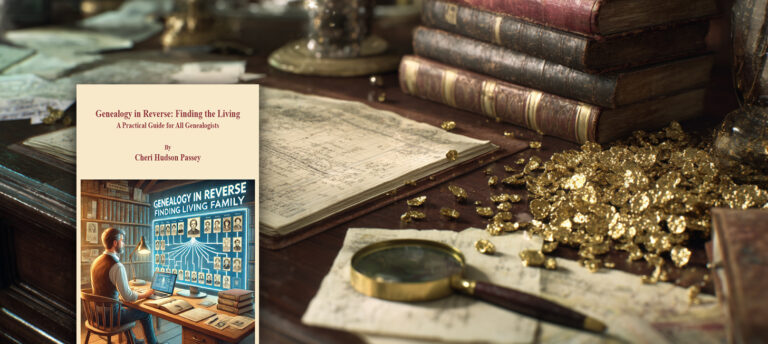
“If Your Ancestor Owned Land, Then There’s a Deed,” by William Dollarhide
Dollarhide’s Genealogy Rule #23: Locating the county where your ancestor lived is the first step in finding records about the time he was hauled into court for shooting his neighbor’s dog, threatening the census taker with a shotgun, or making illegal corn whiskey behind the barn.
A 90-Percent Chance
Since the first colonists came to this continent, land ownership has always been an important part of our American society. As an example, nine out of ten adult white males in America owned land before 1850. Even today, the figure is more than 50 percent.
With this nearly universal coverage before 1850, and since genealogical research starts getting more difficult about that time, it’s a wonder that family historians are not using land-ownership records more often to solve their genealogical puzzles.
For instance, did you know that there is a surname index to virtually every landowner in America since the early 1600s–an index that is more complete than any head-of-household census index ever compiled? And did you know that you have a 90-percent chance of finding your ancestor in that land-ownership index? The land-ownership index is not combined into a single name list. There are thousands of them. Usually called a “Grantee-Grantor” index, they can be found in the courthouse of any of the 3,141 counties in the U.S. Together, they comprise the largest index naming residents of the U.S., particularly for the period 1629 to 1860.
There are few indexes used by genealogists that offer a 90-percent chance of finding the right person. Even today, a modern telephone directory gives the names of only those households with a publicly listed telephone number. A recent study in Los Angeles County, California, for instance, revealed that about 20 percent of the telephone numbers are unlisted numbers. Yet there is a surname index for Los Angeles County that gives the names of 90 percent of the heads of household of that county during the 1850s and later.
Let’s take the 1840 census as an example. In 1840, the names of the heads of household are all that are shown. But if you were to look at the Grantee/Grantor index for the same county, you may discover that one household could have more than one landowner. Say you find in the census that the head of household is John Smith, Jr. But what you don’t know is that living in the same household is John Smith, Sr., and maybe even John Smith, III, and each of them owns a piece of property. Only John Smith, Jr. is listed in the 1840 head of household census, but the Grantee/Grantor index lists all three landowners.
We genealogists eventually recognize the significance of land ownership as we attempt to locate records of our ancestors. But, at first blush, we may not see the importance of land records because they do not seem to give us the vital genealogical facts we are after, i.e., names of parents, dates, children, and so on.
But genealogists who dig deeper into the land records will discover that land grants and deeds can provide evidence of the places where an ancestor lived and for how long, when he moved into or moved out of a county, and, in many cases,
a surprising amount of detailed information about a person.
Why Land Records?
Here are three good reasons why land records are valuable for genealogical research:
- The Odds Are Good. Since 90 percent of the adult white male population owned land before 1850, land grants and deeds provide an excellent way of finding an ancestor in local records. Deeds are recorded at the county level; when property is sold, a deed is recorded at the local courthouse. It is a protection to both buyer and seller that the land being transferred is properly recorded. There are exceptions, such as a deed held by a private party and never recorded–which is every title insurance agent’s worst nightmare. But deeds are almost always recorded at the courthouse of the county wherein the land is located.
- Land Records Are More Complete than Other Records. Land records such as property tax lists, deeds and deed indexes, and the written transcripts of real estate transactions all go back further in time than any other type of record we use in genealogical research. The earliest records in Europe, other than those recorded for the royal courts, are land records. For example, the Domesday Books–which are property tax lists–were gathered for William the Conqueror in the 11th century, and they are the earliest English records in which a common farmer or tradesman may be listed by name. Certain Scandinavian land records date back to 950 AD. In America, land ownership has always been important, so much so that whenever a courthouse was destroyed by fire or natural disaster the deed records–proof of land ownership–were reconstructed by local authorities soon after. For example, deed records were reconstructed for several counties after General Sherman’s troops burned courthouse after courthouse in the South during the Civil War.
- Land Records often Reveal the Name of a Man’s Wife. The English common law system of “dower rights” for a widow was followed in the American colonies and continued into the 19th century. Dower rights entitled a widow to 1/3 of her husband’s estate upon his death. No written will had to specify that amount. As a result of the dower rights of a married woman, early land deeds almost always mention the name of a man’s wife because she had a legal interest in any land being sold or purchased. In fact, a woman had “veto power” over the sale of land by her husband. Under the English system, a married woman could not own land in her own name; but with her dower rights, she could veto the sale of the land. Many early deed transcripts will include an affidavit in which a wife was interviewed privately by the court clerk to determine whether or not she was in favor of the sale.
For a comprehensive treatment of land records, check out …
Recent Blog Posts




